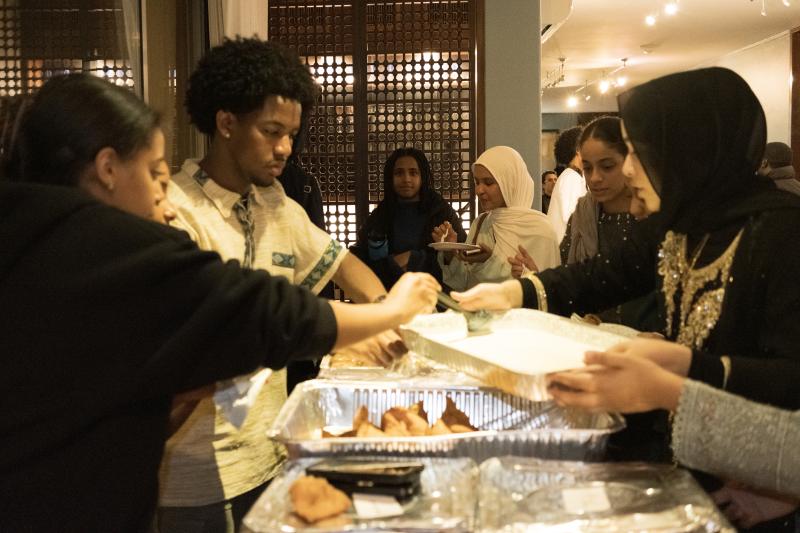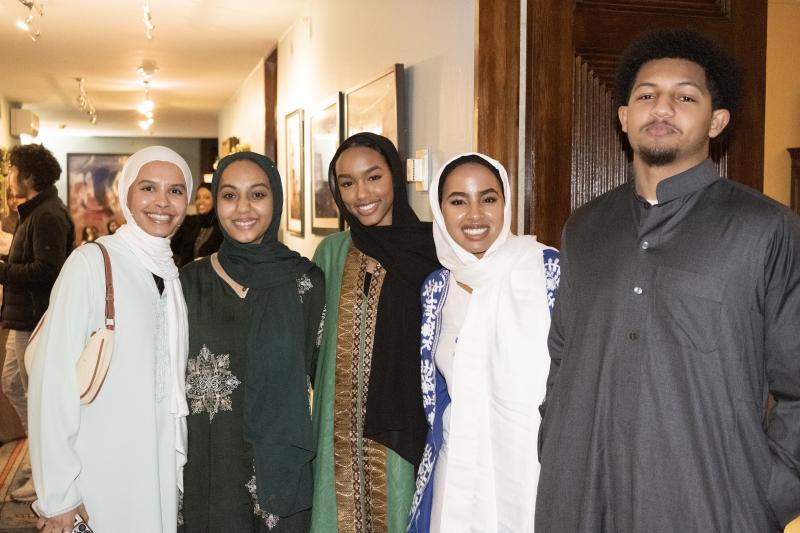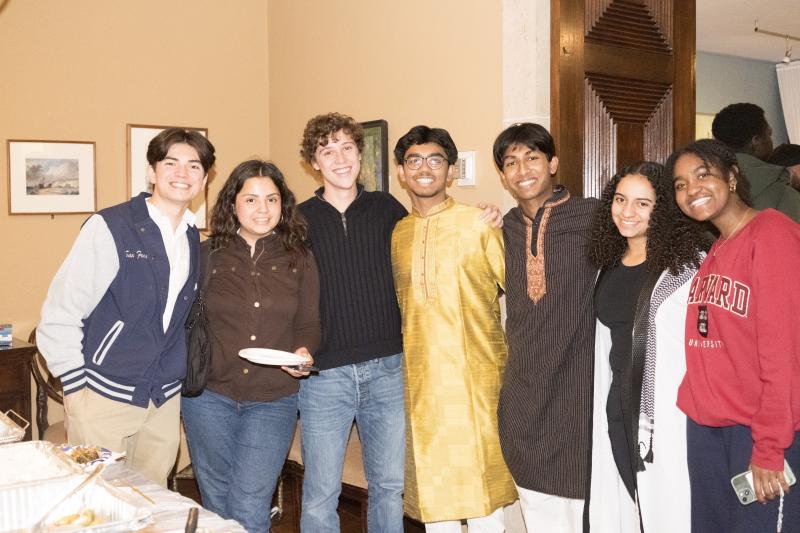As a first-year one of the many things I thought about was what Ramadan would be like on campus and how I would manage my workload.
After observing Ramadan on campus for three years on Harvard’s campus, here is my reflection on how to make the most out of Ramadan while doing school work:
Sleep early, wake up, stay up

As a student, it is typical to stay up late at night to submit assignments on time and catch up on work, but during Ramadan, this can be difficult because we are typically not getting as much sleep due to taraweeh and tahajjud prayers, or other reasons. I have found that I am the most productive when I go to sleep and wake up for suhoor and then stay up. I usually have a suhoor buddy where we ensure both of us are awake to eat before we start fasting at dawn. Remember to take naps in between!
Don’t miss Suhoor/Sehri
It can be difficult to wake up at 3 or 4 am to eat suhoor, so set up those 10-15 alarms and have a friend who will call or text to ensure you are awake. The days can feel long and tiring when going to class while fasting. It is also sunnah to eat suhoor!
Come to the communal Iftars

One of my favorite parts of Iftar on campus is the communal iftars. This is a time when the Muslim community comes together to break our fast, pray, and eat. It is truly beautiful to be able to see many of the Muslims in one place and catch up during the month of Ramadan. Also, the food is better than what is served in the dining hall.
Be surrounded by people observing Ramadan and invite non-Muslims!

It is nice to be around people who are also observing Ramadan because they may have similar study and sleep schedules and it can be natural encouragement to get closer to the Islamic faith through praying and having conversations about Islam. Also, this year I invited a lot of my non-Muslim friends and they came to multiple iftars and suhoors meet other Muslims, share meals, and learn about Islam. It was a lot of fun and nice to have friends who are supportive and feel welcome in the Muslim community.
Special shoutout to the presidents of the Harvard Islamic Society, the Leverett House and Dunster House girls who cooked suhoor for everyone every Saturday, the Bengali Association of Students at Harvard, the Eritrean and Ethiopian Student Association, the Black Muslim Collective, all other student organizations, and all individuals who made these iftars possible and made sure the Muslim community was able to come together during Ramadan.
Comments
Post a Comment